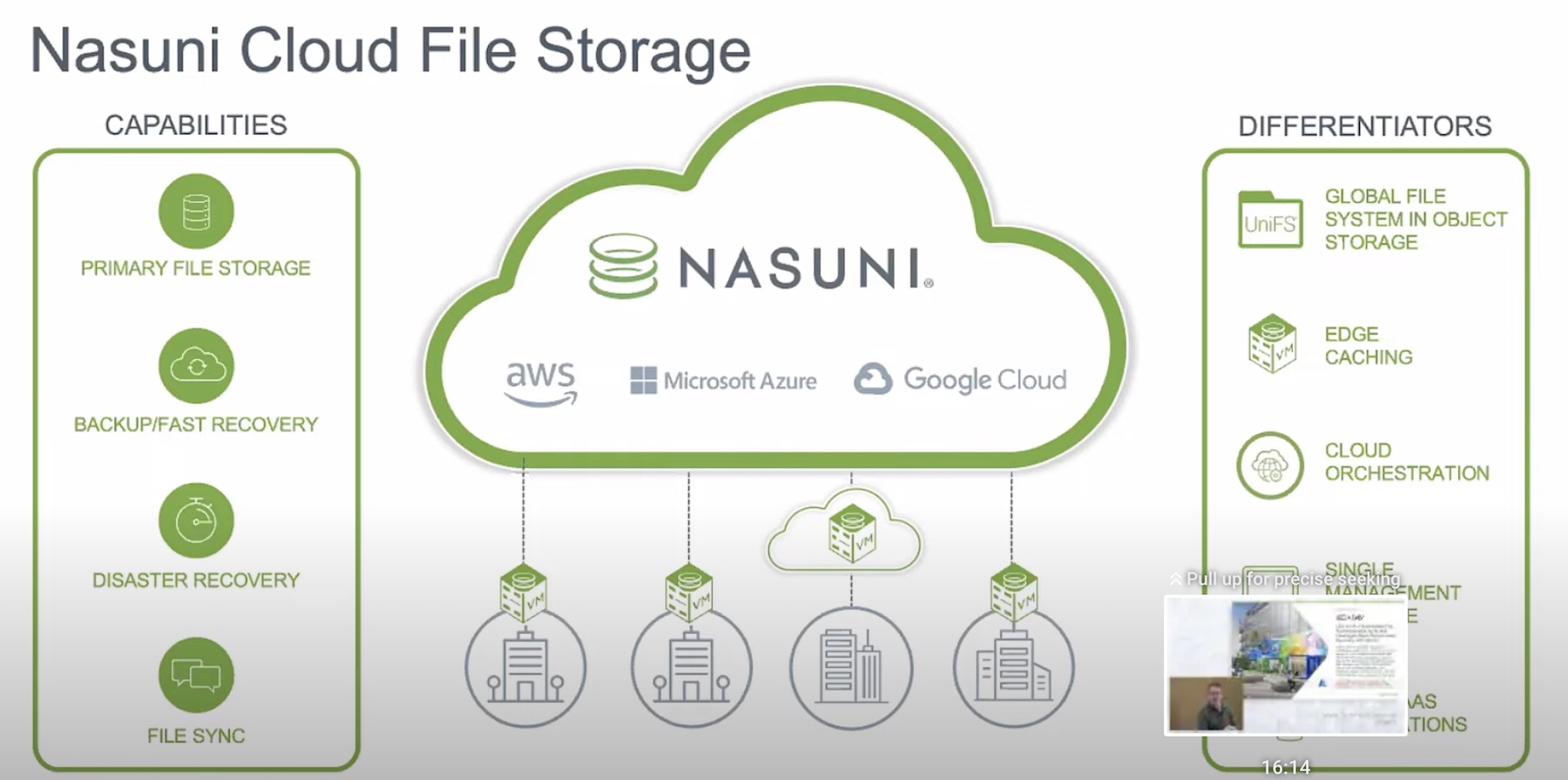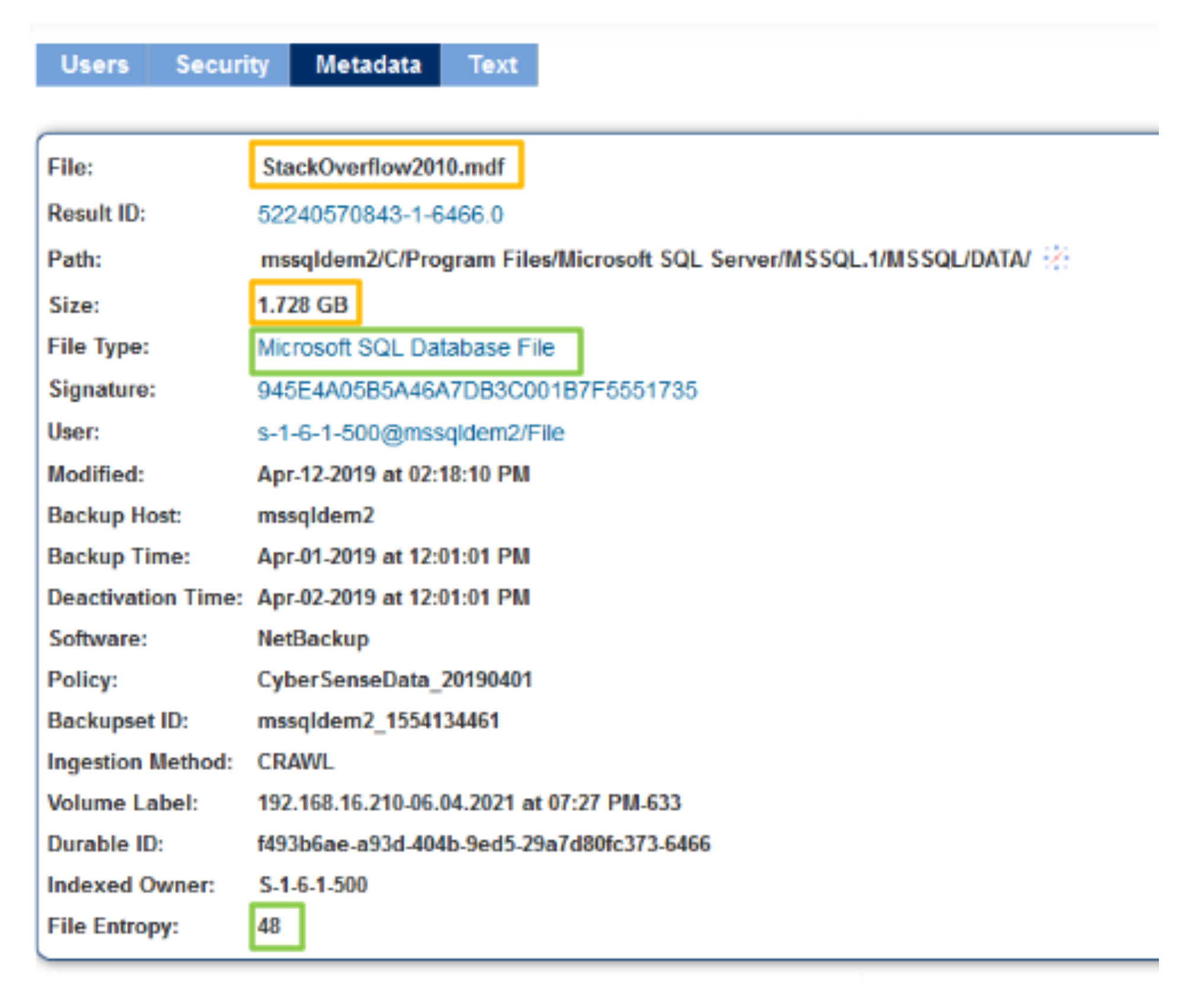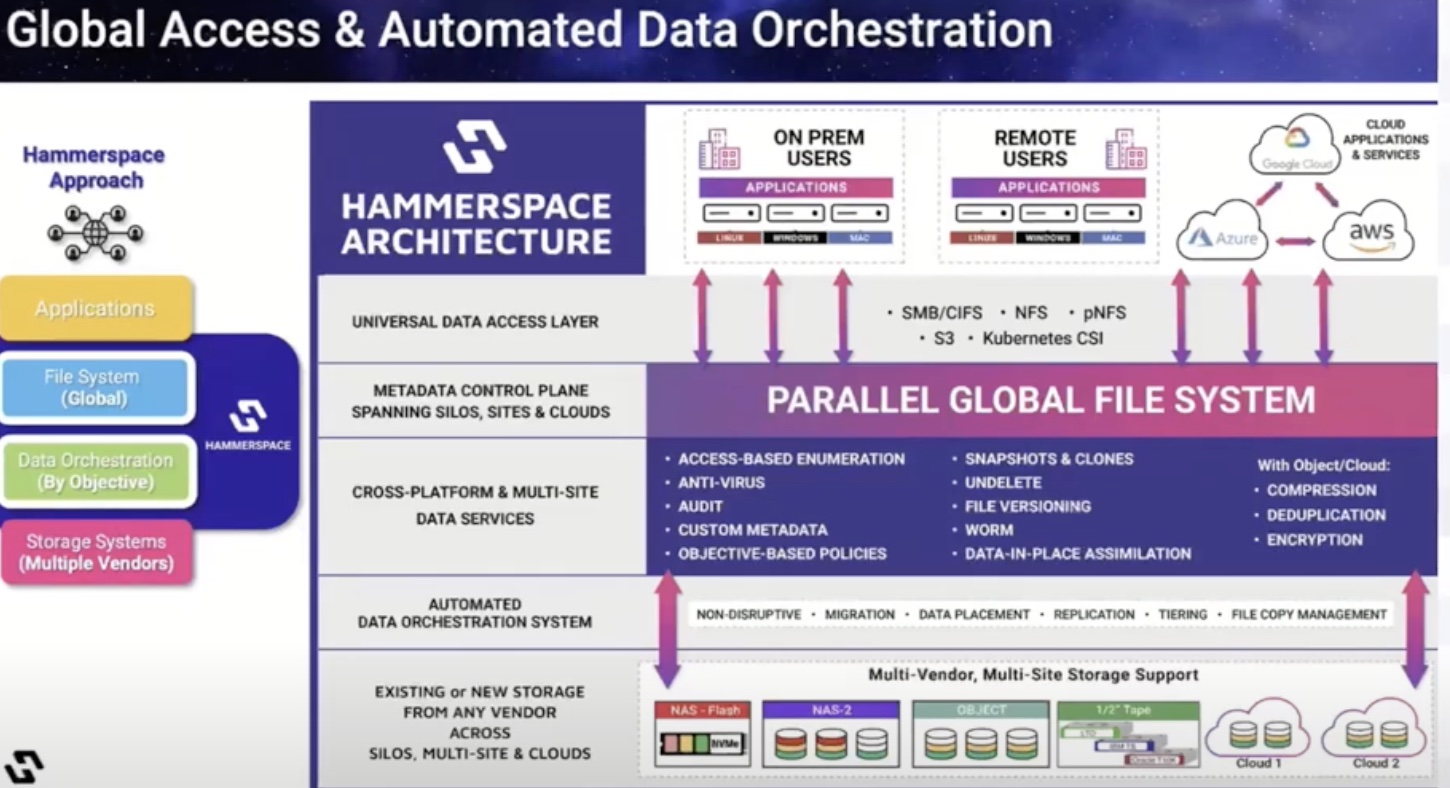Pretty much any time a major technology vendor changes anything it raises some cane. The stodgy voices of consistency decry it as an eternal invasion of their right to not change. The vanguard of the new defends this shift as a path toward a new and better future, damning those that complain as technological reactionaries.
This is even more acute when you’re dealing with the size and scope of a company like Apple. Think I’m exaggerating? Remember when they changed the switch on the side of the iPad from rotation lock to silent mode? People had opinions.
Now the iOS ecosystem has a reach well into the hundreds of millions of devices. So when I heard that Apple was going to be updating many of these to their new file system, I wondered how the rollout would go. I should have had a clue when Apple debuted a new file system in a relatively minor update for iOS 10, rather than wait for the next big revision.
So far, the only major complaint I’m seeing about iOS 10.3 is that it takes a while. I can confirm, I started by update during breakfast, expecting to have my phone back when I left for work, only to find it barely half way through 30 minutes later. But that’s about it. Apple just made rolling out a brand new file system seem dull. I’ve had experience trying to do the same on a Linux machine, and even when I managed to not erase all my data, it was anything but smooth (to be fair, I had no reason to install the file system other than to try it).
Granted, I think there may be more issues once APFS rolls out to a general macOS release. iOS has the benefit of having completely locked down hardware, Apple can plan for every contingency. There’s at least the chance of some slight variability on the macOS side, by nature of simply being more complex with more user variability (although since most of Apple’s PC components are soldered on, not that much). I’m really curious to see if there are any downsides to running it on spinning disk.
But let’s not discount just how easy Apple made this look. This was a potential minefield of issues, and Apple’s backend engineers obviously did a lot of hard work to smooth the rollout. I’m still hunting around for hard benchmarks to see if there’s much of a performance impact. But being optimized for SSDs, saving space, robust snapshotting, and concurrent access can only mean good things going forward.





